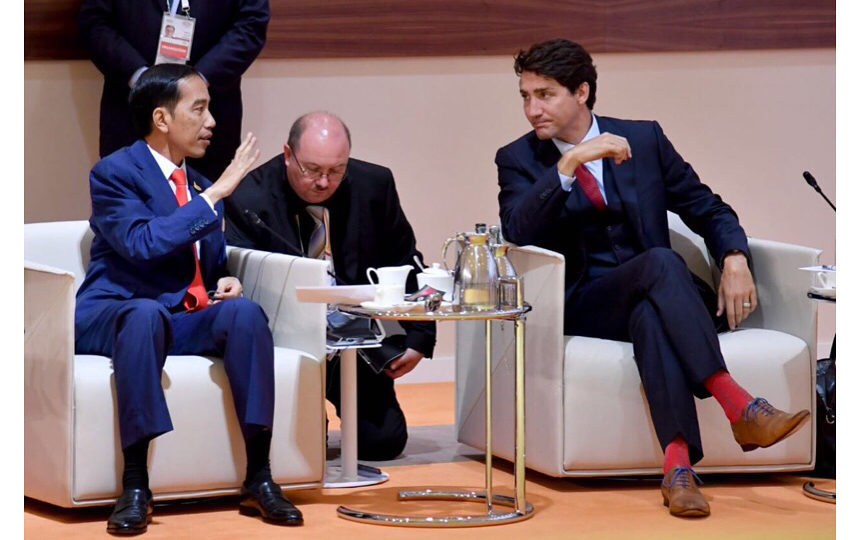The first few years of President Joko Widodo’s administration saw the government pass sweeping new laws that made it much more difficult for Indonesian companies to hire foreign workers, leading to what some described as an “expat exodus” from the country.
But in his current quest to greatly increase foreign investment in the archipelago, the president is now demanding that the relevant ministries ease the regulations on foreign workers and pull back on practices like “sweeps” that make companies reluctant to hire them.
On Tuesday, Jokowi reprimanded the Ministry of Manpower (Kemenaker) and the Directorate General of Immigration at the Ministry of Justice and Human Rights for the regular sweeps (unscheduled raids looking for labor or immigration violations) of foreign workers, which he said was causing unease among employers.
“I’ve gotten reports, the employers of foreign workers are disturbed and feel uncomfortable because they feel there is sweeping.” the president said at the start of a meeting at the Presidential Palace on Tuesdsay as quoted by Katadata.
According to Jokowi, the cause of these sweeps is often due to a lack of coordination between the Manpower Ministry and Immigration. Because of that, he asked that the ministries and bodies overseeing foreign workers integrate their supervision practices.
Jokowi also asked that the ministries ease the required procedures for hiring foreign workers, including simplifying the process for obtaining an official Plan of Use for Foreign Workers (RPTKA) and the Limited Stay Permit Card (KITAS) by making them available online.
The president said that in the modern era of economic globalization it was important that labor be able to move easily across borders in order to improve foreign investment, while at the same time protecting local workers.
Given the relatively small percentage of foreign workers in Indonesia, the government’s previous regulation tightening was seen by many as less about protecting the welfare of local workers and more about projecting a populist image of economic protectionism and nationalism.
Jokowi’s current calls to make it easier for foreign workers to come to Indonesia are likely to go down as unpopular among a public concerned with unemployment and fearful of a deluge of foreign workers, especially from China (there were hoaxes going around social media several years ago about there being 10 million Chinese citizens working in Indonesia, when in fact there were only about 21,000 at the time). But having made economic and infrastructure growth the centerpiece of his administration, clearly Jokowi has calculated that attracting higher levels of foreign investment is more important ahead of next year’s presidential elections.




